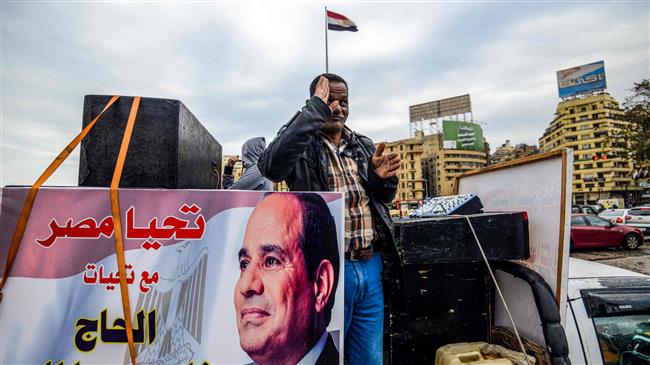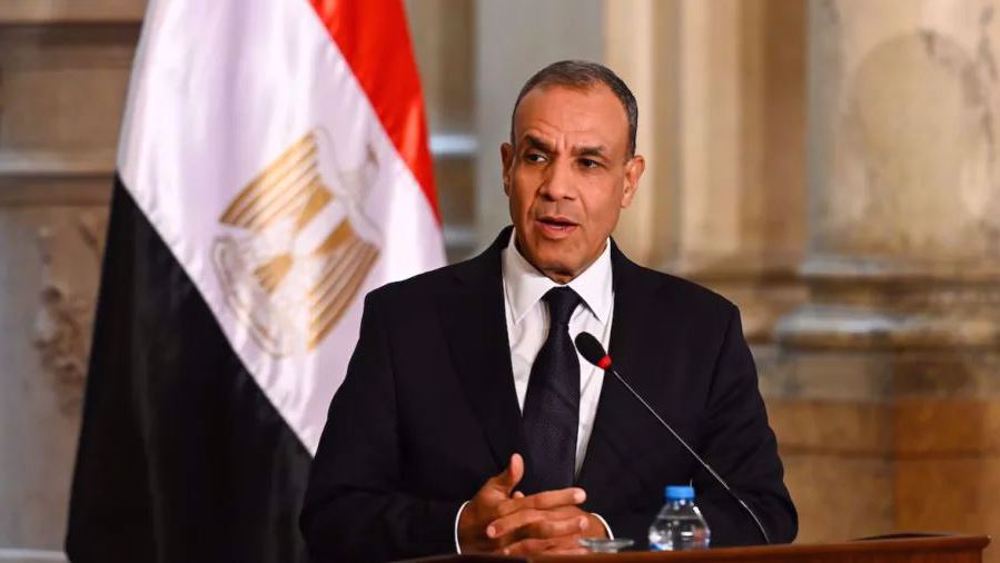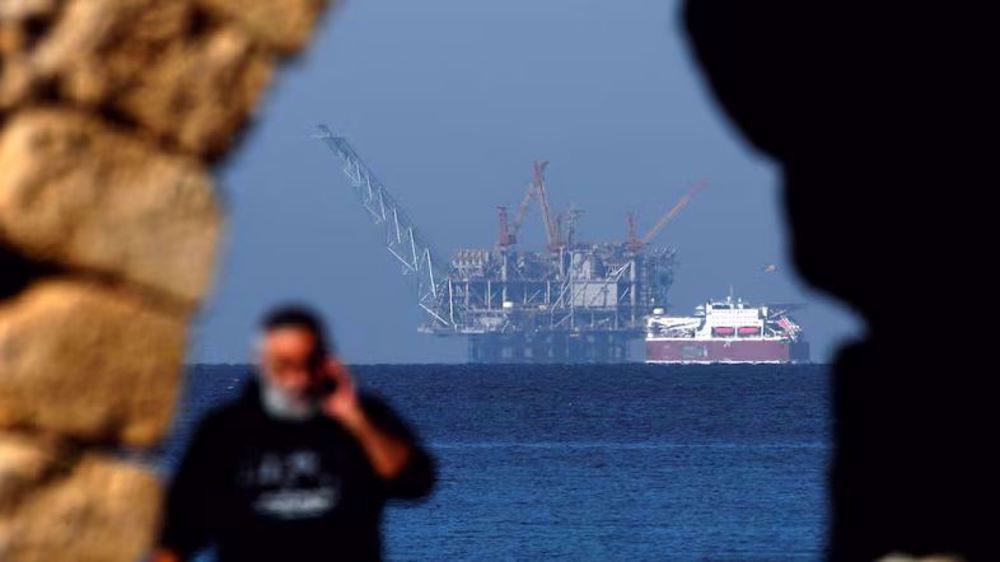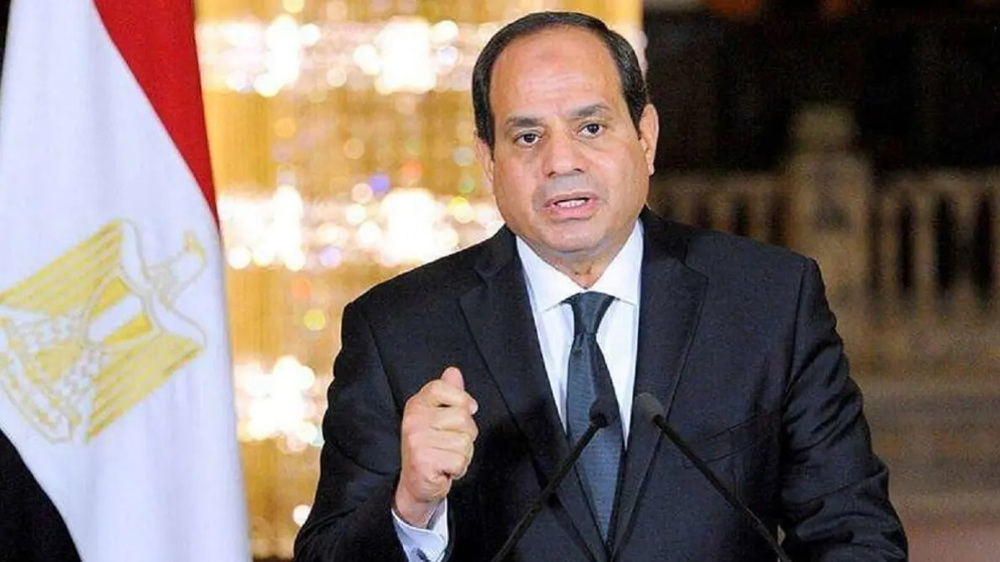Egypt’s presidential race: Why so much controversy?
Candidates have one by one been dropping out of the race; the opposition has boycotted the vote; and the sole challenger to the incumbent president is no more than his staunch supporter. Welcome to Egypt’s 2018 presidential election.
With less than two months to go before the vote, there has been much controversy surrounding the race to presidency, with almost all candidates quitting at some point under mysterious circumstances.
Abdel Fattah el Sisi, who took over from Egypt’s first democratically-elected president Mohamed Morsi following a successful military coup in 2013, is now looking to score a comfortable victory in the March elections.
Who is challenging the incumbent?
Sisi’s sole challenger now is Ghad Party chairman Moussa Mostafa Moussa, who was effectively the president’s campaign manager before announcing a last-minute bid to enter the race.
The Egyptian Constitution requires candidates to get endorsements from at least 20 members of the Parliament or collect no less than 25,000 valid signatures in 10 provinces before being allowed into the two-round face-off.
In the absence of any other candidate contesting the election, Sisi could have won with only 5 percent of the vote.
The incumbent president still looks at an easy victory, enjoying the support of 464 MPs -- roughly two-thirds of lawmakers -- compared to Moussa’s 47.
Where did all the candidates go?
But Moussa, who collected signatures for Sisi before throwing his hat in the ring literally a few minutes before the deadline, was only the last of the six candidates who had stepped forward.
Here’s what happened to the other five:
Ahmed Shafiq
Egypt’s former prime minister -- the last to serve as part of the administration of long-time dictator Hosni Mubarak -- Shafiq announced his bid in late November 2017 from the United Arab Emirates, where he had lived in exile since losing a face-off with Morsi.

The former Air Force general, who was seen as Sisi’s most powerful rival, withdrew his bid after the UAE suddenly decided to deport him back to Egypt, where he disappeared from public view for 24 hours and told a TV host upon return that he was reconsidering his bid.
In a dramatic walk back from his stinging candidacy statement, Shafiq said his time in exile "may have kept me away from carefully following updates in the homeland, of progress and accomplishments."
Mohammad Anwar Sadat
After announcing a much-anticipated bid to stand, the 62-year-old nephew of Egypt’s assassinated ruler Anwar Sadat backed out of the race earlier this month, citing fears for the safety of his supporters, whom he claimed had been chased away by Sisi’s elements.

“People who volunteered to collect votes of confidence were scared away,” Sadat said. “I‘m scared for the young men and women and don’t want to expose them to this, because we won’t be able to do anything for them.”
Ahmed Konsowa
Shortly after announcing his bid, Colonel Konsowa of the army was court-martialed and handed a six-year prison term for "stating political opinions contrary to the requirements of military order," according to his lawyer.

Sami Anan
The former military chief of staff announced earlier in January that he would challenge Sisi, but the bid was short-lived since Anan and members of his campaign were arrested.

Mahmoud Refaat, a spokesman for Anan’s campaign abroad, said the government had even arrested family members of pro-Anan campaigners.
Khaled Ali
The prominent rights lawyer ended his presidential bid in late January, hours after Sisi submitted his nomination documents, and a day after Anan was arrested by the military.

Ali told a press conference that “the opportunity for hope in this presidential election has gone.”
Where does the opposition stand?
Having called the elections “absurd,” eight opposition parties have already signed a joint declaration, asking voters to boycott the vote, arguing that Sisi is getting in the way of "any fair competition."
Hamdeen Sabahi, who ran against Sisi in the 2014 election, has been credited with launching the campaign with the slogan "Stay at home," urging political parties to fight back against the president's "brutal tyranny of power."
"It is not right for us to surrender to what has become an absurdity bordering on madness," said Abdel-Geleel Mustafa, another leading opposition figure.
The calls for boycott have been met with a strong warning from Sisi.
"Be warned. What happened seven or eight years ago, will not happen again in Egypt,” the president said, referring to mass protests that took place in 2011 and ended Mubarak’s rule.
Sisi is no stranger to cracking down on dissent, with Morsi’s supporters being his main target. The heavy-handed crackdown has, according to rights groups, killed over 1,400 people. The government has also sentenced some 200 people to death in mass trials.
The outlook
Aside from the political clashes, Egypt has been struggling to control an economy that has been spiraling downward.
While Sisi has put all his hopes in a $12 billion loan package from the International Monetary Fund (IMF), forecasts show no quick recovery amid surging price pressures and slow progress toward reform.
A survey conducted by the Egyptian Center for Public Opinion Research found in late December that some 71 percent of people in the populous North African country have described their family income as inadequate for their necessary expenses and needs.
Broken promises?
Not long ago that Sisi tried to relay a important message to the world in a speech before the parliament.
"From this place, under parliament's dome, the Egyptian people declare to the entire world that they have laid the foundation of a democratic system and rebuilt constitutional institutions," the president told lawmakers in January 2016.
The rest is history.
Venezuelan military stands with acting president after US kidnapping of Maduro
VIDEO | Press TV's news headlines
VIDEO | Protesters in Toronto slam US kidnapping of Venezuelan president
Israeli troops detain, intimidate Palestinian toddler in West Bank
Iran says its investments in Venezuela face no major risk
Make ‘right decision’ or face more US pressure, Rubio tells Venezuela’s Rodriguez
VIDEO | General Soleimani honored in Kashmir, Kargil
US, Israel waging ‘soft warfare’ to destabilize Iran after June defeat: Top general










 This makes it easy to access the Press TV website
This makes it easy to access the Press TV website